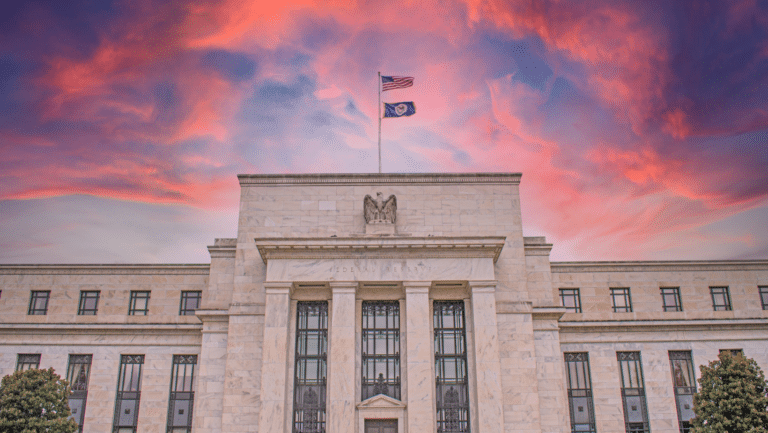Why Investors Can Be Their Own Worst Enemy
Investors often think they are doing better than they actually are. But the reality is that most investors are actually underperforming their benchmark. Two recent articles regarding behavioral finance — Which Investor Personality Best Describes You? and 8 Common Investor Biases That Impact Investment Decisions — detail a concept which is the thought that our…





